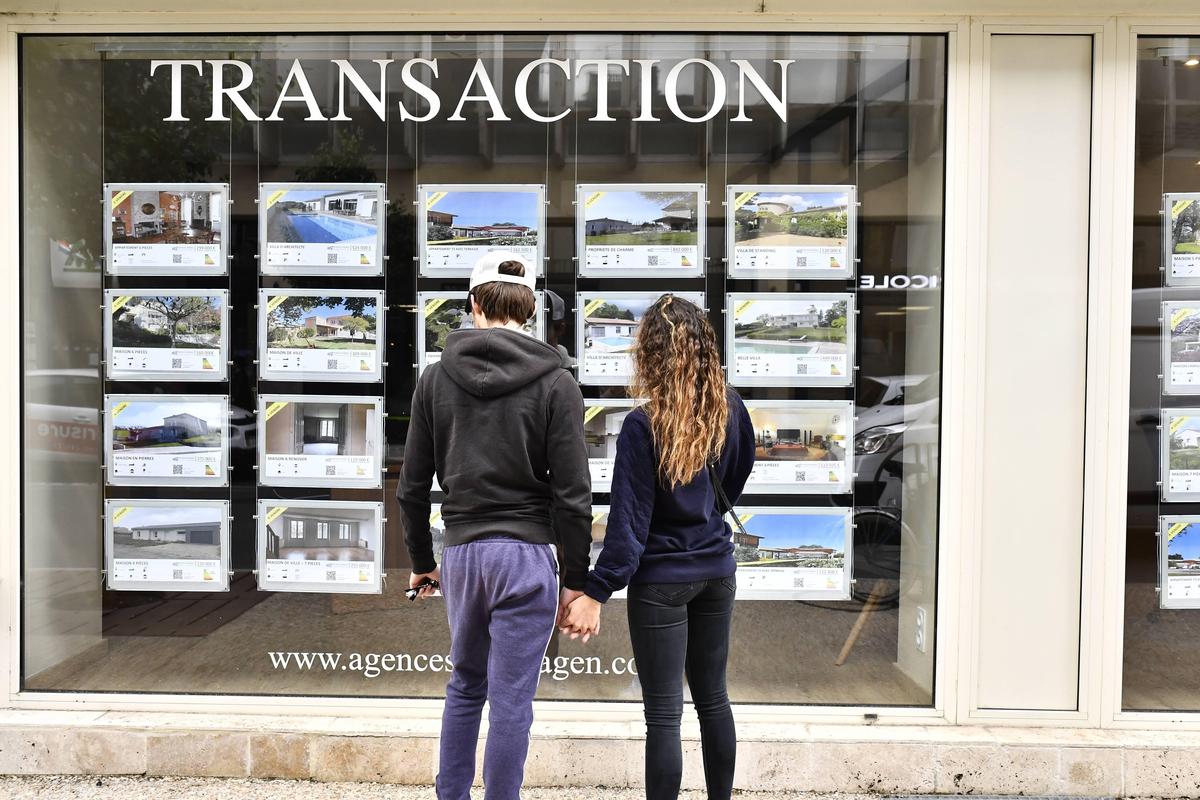This council, affiliated with the Court of Audit, wants to tackle taxes, such as transfer taxes on transactions, but also the ‘numerous’ tax support measures, such as the Duflot and Pinel schemes or the income tax reduction available to owners of furnished homes. rentals can benefit from this. The Council for Compulsory Deductions (CPO) wants this reduction, which can amount to 50% or even 71% of the rents collected, to be brought in line with the regime for rental of bare homes, namely 30%.
The first President of the Court of Auditors Pierre Moscovici, chairman of the CPO, also believes that the reduced VAT rate of 5.5% on energy renovation “is not a good instrument” and wants to increase it to 10% by shifting financial profits to “more targeted help”.
Notary costs that actually do not exist
As regards taxes, the Council accuses some of them of having counterproductive effects and contributing, even on a modest scale, to price inflation. The report recommends shifting the portion of taxes currently paid at the time of purchase (they represent approximately 40% of residential tax revenues) to the portion paid at the time of ownership, “to further reduce rents than taxing access to real estate.” ”, explains Pierre Moscovici.
Particular targets are the transfer costs for payments, incorrectly called “notary costs”. They are determined when purchasing a property and represent approximately 5% of the purchase price and actually go to the departments and municipalities. “Their effects on residential mobility are generally negative,” the CPO estimates, discouraging purchases.
She recommends shifting some of their amount to property taxes so that their elimination doesn’t cost communities anything.
Outdated calculation of property tax
“The housing tax is separate from the economic value of real estate,” the CPO said, highlighting the method for calculating real estate taxes, which is considered “outdated”. “The coefficients established in 1970 to calculate the level of property tax “overvalue new construction from that time, which is sometimes in poor condition today, and undervalue old buildings in city centers that are now highly valued.”
Property taxes therefore weigh 2 to 3 times more in Seine-Saint-Denis than in Paris, and are generally lower in big cities and on the coast, even where property prices are most expensive. The Council for Compulsory Deductions recommends reforming the calculation basis based on purchase histories, and why not artificial intelligence, so that the true value of homes can be better assessed.
